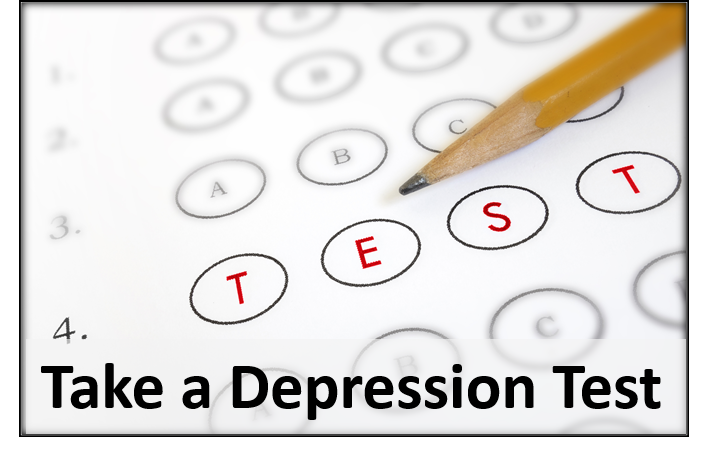The Geriatric Depression Scale
Identifying Depression in the Elderly

While there are a lot of depression tests out there, the Geriatric Depression Scale (GDS) is commonly used during routine assessments to identify issues with depression specifically in geriatric patients. You can take the GDS here on this page. However, as a side note, if you aren't of the older generation, but you're still an adult, you should take this depression test.
Okay ... now back to the Geriatric Depression Scale.
The GDS was developed in 1982 by J.A. Yesavitch, along with some colleagues. Why? Because depressive disorders are so prevalent in the geriatric population and they needed a diagnostic tool to help them diagnose depression accordingly.
The elderly really struggle with feeling depressed as they are 5 times more predisposed to it than younger adults. In general, 1 in 6 generally healthy elderly adults will suffer with a depressive disorder. And, as you can imagine, the rate is even higher for those in assisted living, nursing homes and hospitals. Also, the elderly have the highest suicide rate of any other population.
Like the Beck Depression Inventory , the Geriatric Depression Scale is based on self assessment where the client answers questions based on how they feel. There are two versions: a comprehensive 30 question test or a shorter, 15 question version.
The great thing about this test is that it is much simpler to take because the questions require only "yes" or "no" answers. For instance, "are you basically satisfied with your life?" Most of the other depression test use a ranking system such as 1 through 5.
Take the assessment by clicking on the image below.
Some Precautions
No test is without its flaws and this one is no exception. With respect to the GDS, here are some precautions that you need to take notice of. They are as follows:
Bottom line, as with any depression test ... especially one that is self administered ... you should take it with a grain of salt. Use this as a directional indicator and then seek out the professional help that you need to turn things around.











